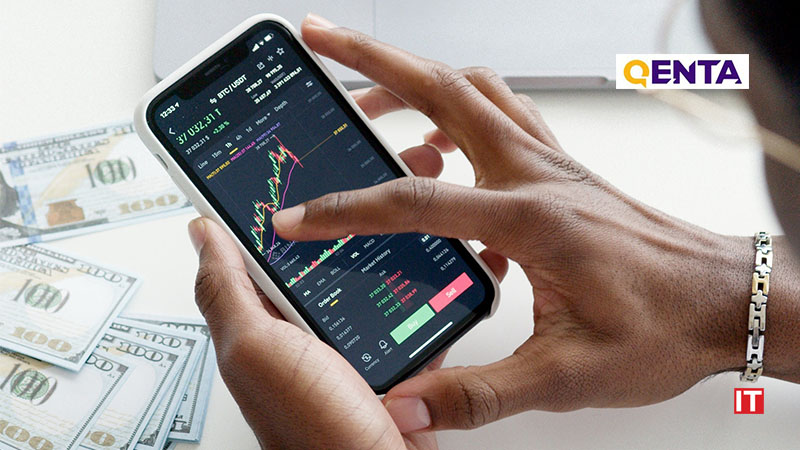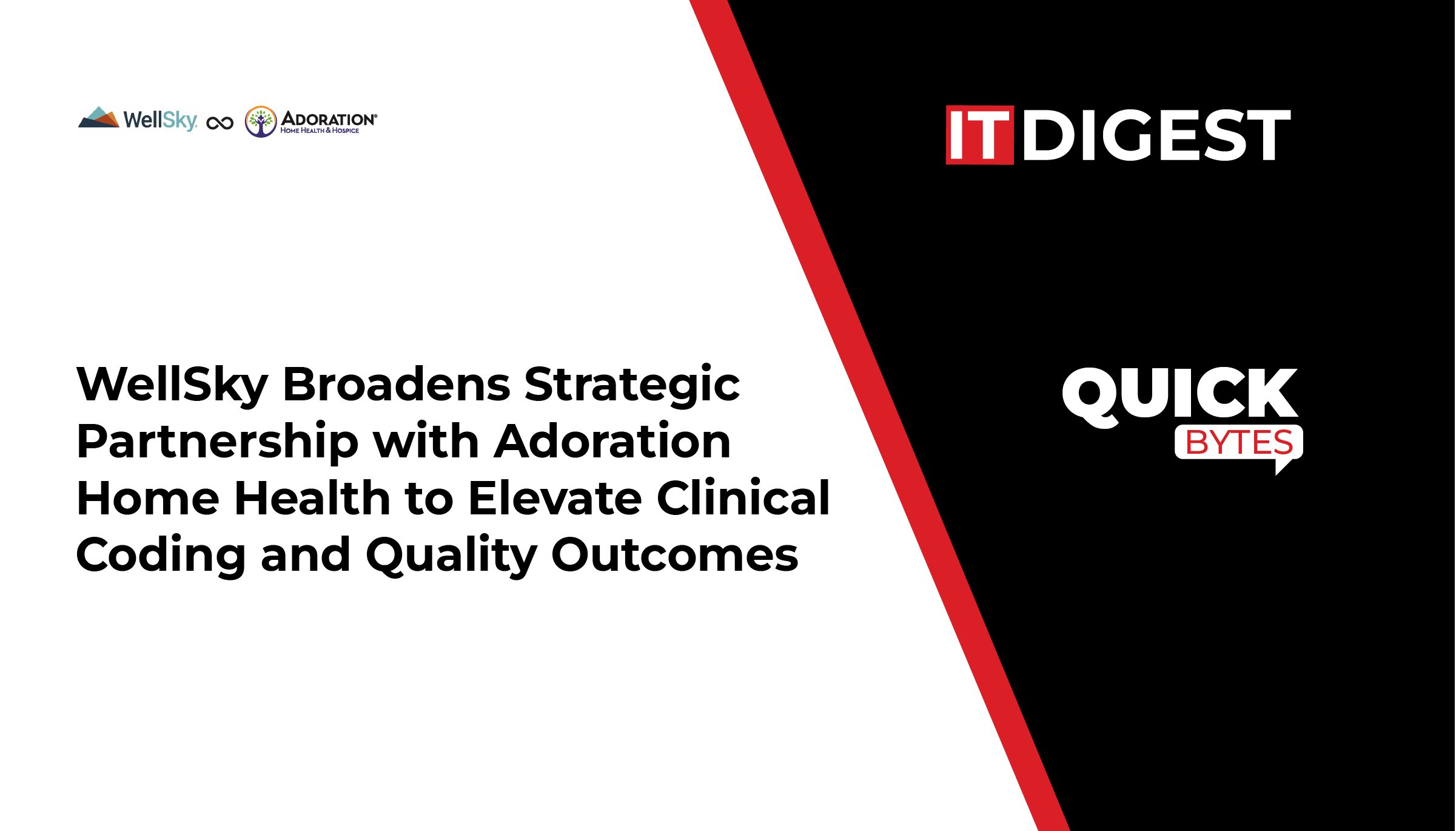Qenta, Inc ,a financial services and infrastructure platform with cutting-edge technology and a proprietary enterprise-grade blockchain, the Qenta Operating System, today unveiled an enhanced and integrated suite of financial solutions. With a focus on Africa, Latin America, Asia Pacific, and Central and Eastern Europe, Qenta offers tokenized assets, multi token wallets for digital banking, cashless payments, and commodity risk management services and help solve access, connectivity, compliance, and foreign exchange challenges facing many businesses in these emerging markets.
“Many businesses around the world do not have access to the full range of financial services required to be truly successful beyond local borders and piecing together services from individual providers can be a time-consuming process,” said Qenta Chairman and CEO Brent De Jong. “Qenta brings previously unrelated services together in a single platform making a suite of technologies and solutions accessible to businesses in emerging markets. For example, farmers using our risk management and foreign exchange services are now able to access digital currencies for programmable money and payments capabilities. They can also obtain earlier financing through blockchain-based supply chain tracking. With Qenta, users can now reap the efficiencies of converging technologies.”
Qenta’s broad scope of interlinked financial services and global targets represent an extensive addressable market of over $500 billion. High-growth emerging markets comprised a significant portion of Qenta’s 2021 revenue, with this segment expected to be a majority contributor to total revenue by 2026.
Kerim Chouaibi, Managing Director of Qenta Payments and Qenta Board Member said “Qenta is uniquely positioned at the intersection of capital and risk management, payments, and tokenization to offer full financial connectivity between global markets and small and mid-sized businesses in emerging high-growth markets. As small and mid-sized businesses in developing nations grow in size, and their needs evolve, they can easily and seamlessly take advantage of all these offerings, while remaining within the same platform.”
The Qenta Operating System (QOS) is a private permissioned third generation blockchain, and supports tokens representing fiat currency, cryptocurrency, commodities, or other units of value such as frequent flier miles or mobile minutes. Having launched the G-Coin® token – a digital gold asset to save, send and spend gold, in 2018, its smart contract tools allow users to customize financial transactions of any size and complexity from cross border remittances to collateralized borrowing and lending to linking payments to the provenance and delivery of goods.
Also Read: Metaverse Makes Business: How and Where to Start Transitioning Today?
A fast-growing, frictionless financial services ecosystem requires a robust global regulatory footprint, and Qenta operates as a money services business in 33 U.S. states and holds financial authorizations in other key markets. It conducts more than 1.4 million transactions per month and has more than 5,000 active customers. QOS is now accessible by third party developers to create additional distributed applications with the knowledge that the Qenta client base meets stringent regulatory requirements.
Qenta combines three divisions: Qenta Tokenization offers patented asset tokenization solutions, multi-token wallets for digital banking, and programmed payout services starting with the G-Coin® token, a digital gold asset; Qenta Payments offers cashless payments processing, multi-currency accounts, debit and credit cards on mobile platforms; and Qenta Capital & Risk Management provides specialized hedging products and margin financing for soft commodities and precious metals.
































